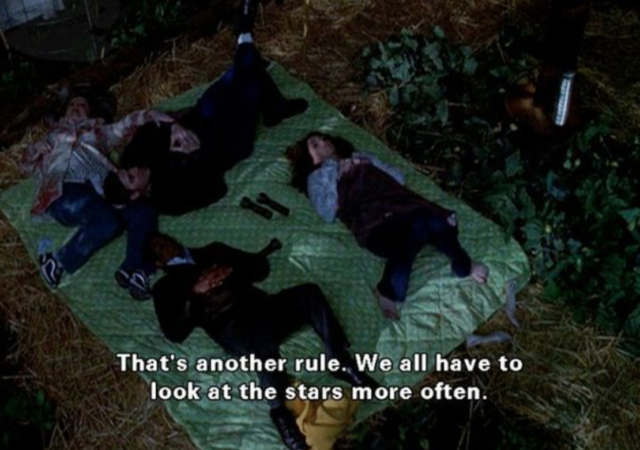The Synastry of Love and the promise of a match made in heaven
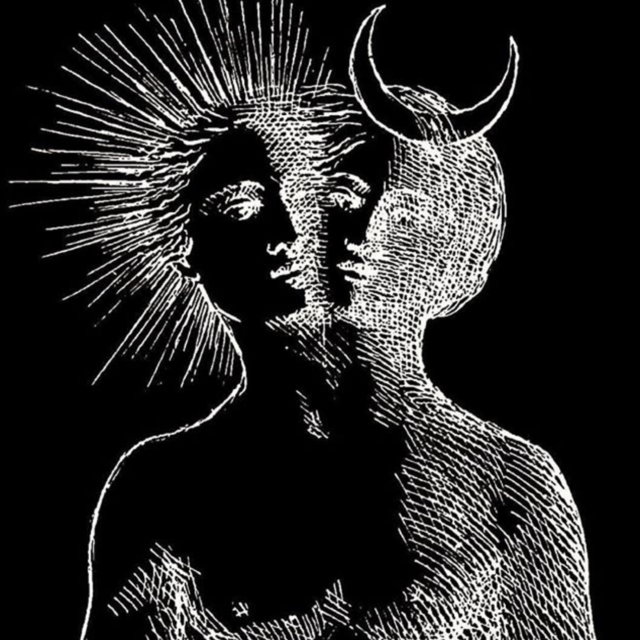
“He’s earth and I’m air, so we were made for each other.” / “He’s water and I’m fire, so it’ll never work out.” Astrology seems like the perfect way to explain the love of your life or explain why it ended. But is this all that the stars have to tell us about our relationships?
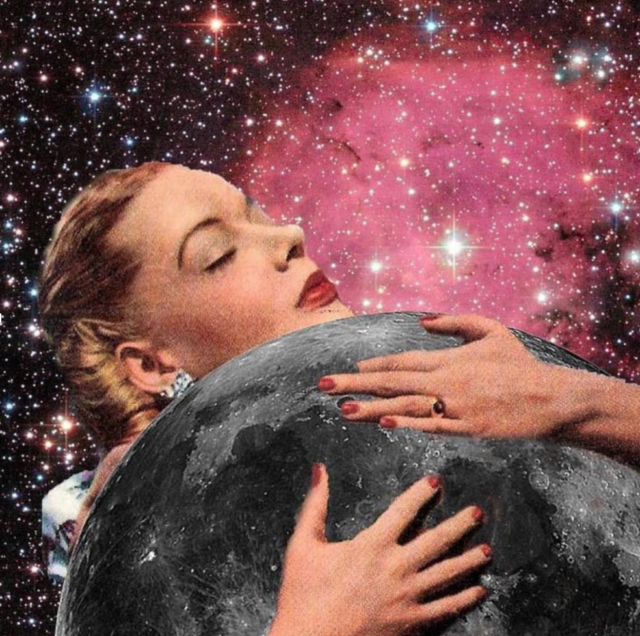
Synastry is the branch of Astrology that studies the degree of “compatibility” of relations (affective, professional and family) through a comparison of astral maps. Or in other words, it is either the promise that your crush was written in the stars, or you should have listened to your crazy, star sign-obsessed friend.
The number of searches for ‘synastry of love’ has risen more than 25% in the US over the last five years (source: Google trends). … but the origin of the subject has more credibility than you may imagine. It is said that Carl Jung conducted a study of compatibility between couples and their respective horoscopes, and that this study gave rise to the theory of Synchronicity, one of the most mysterious concepts in the history of Psychoanalysis and Psychology.

Thousands of sites and apps (aka ‘Tinder of the Signs’) promise the ideal test for any love: “find out if your sign is compatible with his’. As time has gone by, it seems as though synastry and Synchrony have become synonymous. In theory, we are all grown-ups and we all use astrological combinations as a reference and to learn something. In practice however, people look for the promise of their soul mate or the fastest track to avoid getting trapped.
The problem is that this point of view ends up using synastry as a recipe for the perfect combination, which almost always creates a Godzilla of expectations – you two had perfect synastry but it was the worst relationship of your life.
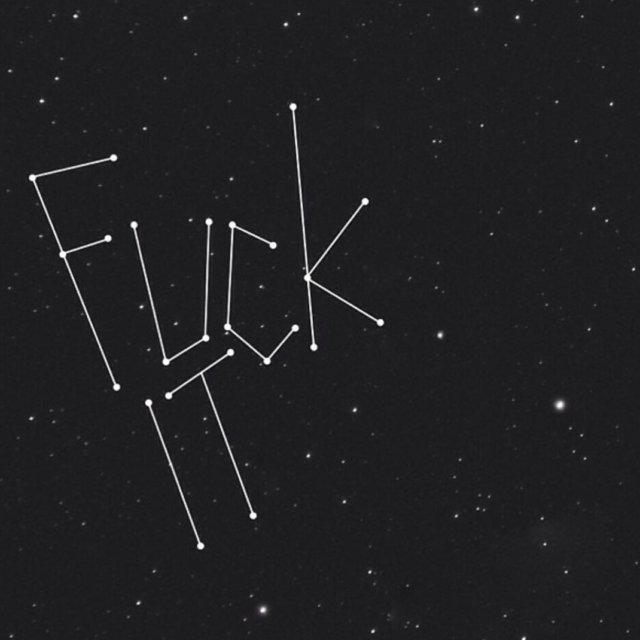
But relax, it’s not (only) Susan Miller’s fault. This view is “just” one more symptom of a culture that has a totally idealized vision of love. You search relentlessly for the ideal partner, the one who will fully understand you, the prince or princess who you will fall in love with – even their defects. Wake up my dear.

Love can be a lot freer when the differences and conflicts are understood instead of being feared. In ‘Why You Will Marry the Wrong Person’, also known as the New York Times’ most-read article in 2016, the philosopher and writer Alain de Botton suggests a less idealized vision of love:
“The person who is best suited to us is not the person who shares our every taste (he or she doesn’t exist), but the person who can negotiate differences in taste intelligently — the person who is good at disagreement. Rather than some notional idea of perfect complementarity, it is the capacity to tolerate differences with generosity that is the true marker of the “not overly wrong” person. Compatibility is an achievement of love; it must not be its precondition.”
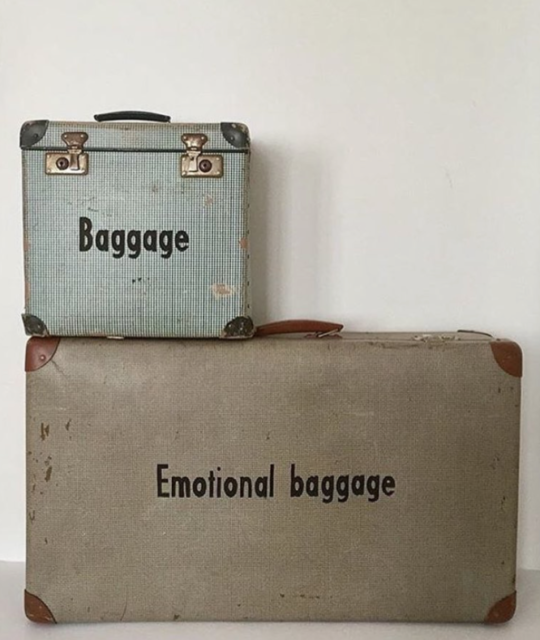
Interpersonal relationships are one of humanity’s greatest challenges. It is extremely naive to believe that synastry will resolve this issue. But it can help, as long as there is a possibility of knowing the other person better instead of being a Divinely-imparted excuse to judge or give up.
Ultimately, Astrology is an enormous exercise in empathy, and not an excuse for determinism. It can even be a way of putting yourself in the other person’s shoes and understanding their nature, and trying to imagine what it’s like to “be a Gemini” rather than running away from them. This is all very New Age, but after all is said and done, it is possible to swap an ideal – or astral – love for a possible love.
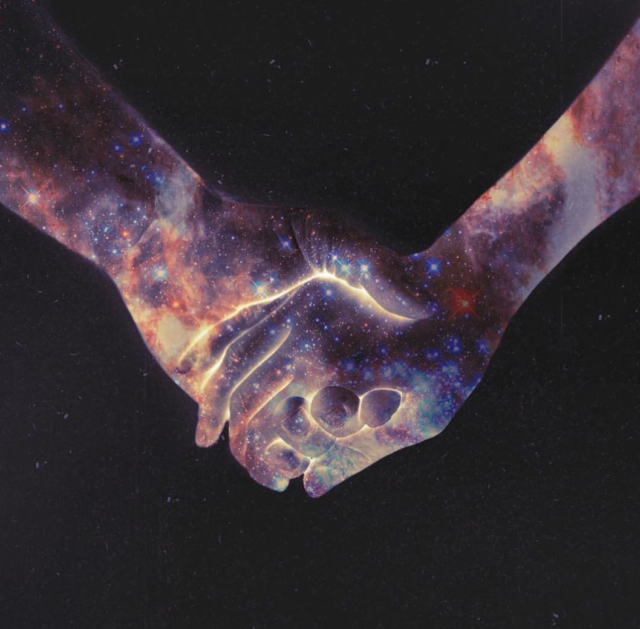
*André Alves
Co-founder of Peoplestrology and float. He is a writer and trend forecaster in between NYC and São Paulo who is also passionate about movies, Astrology, and tea.


